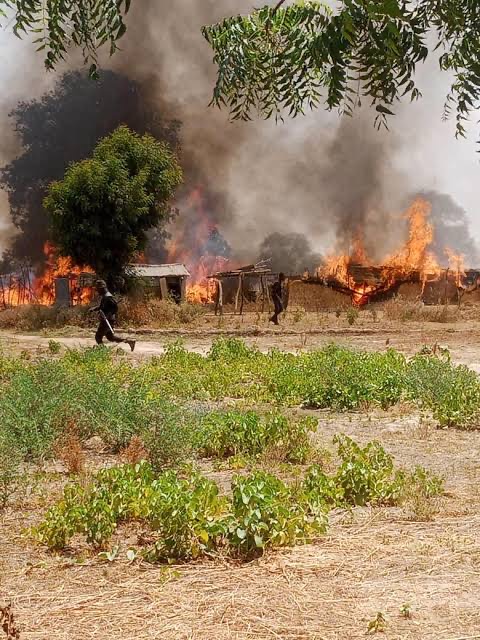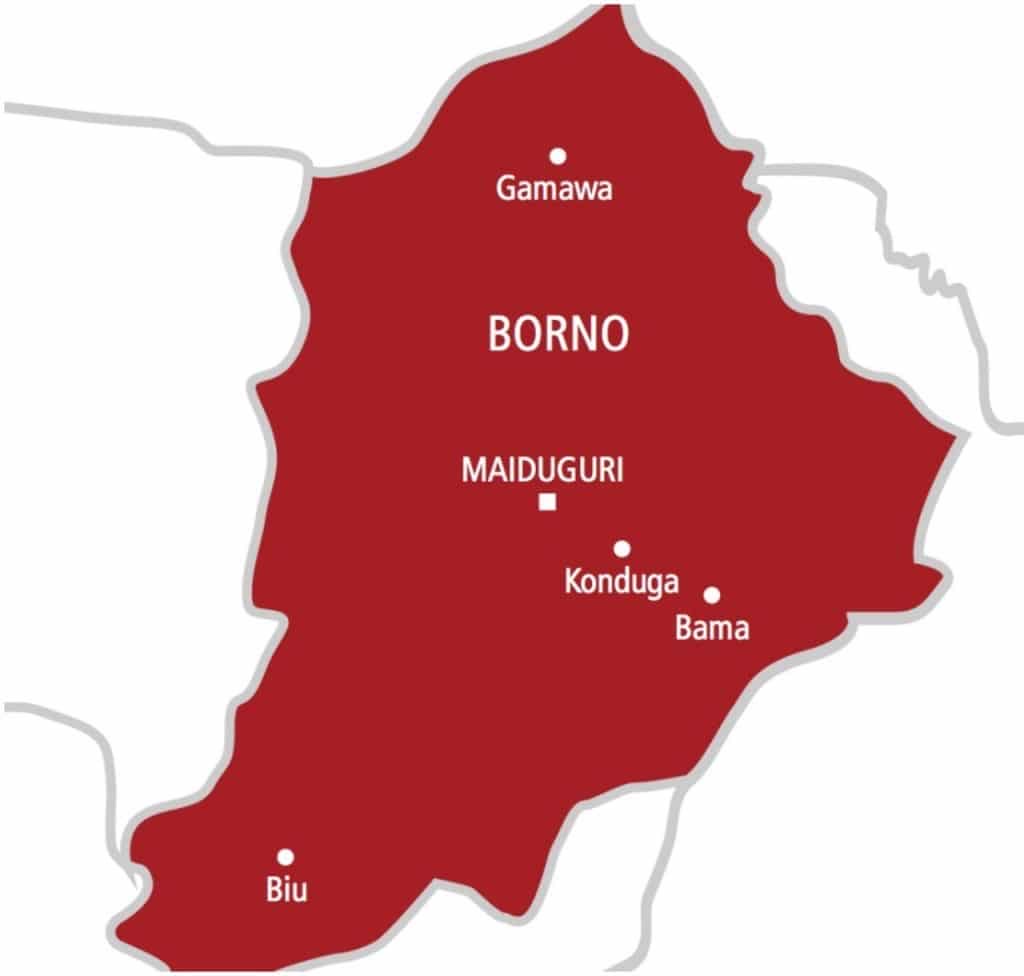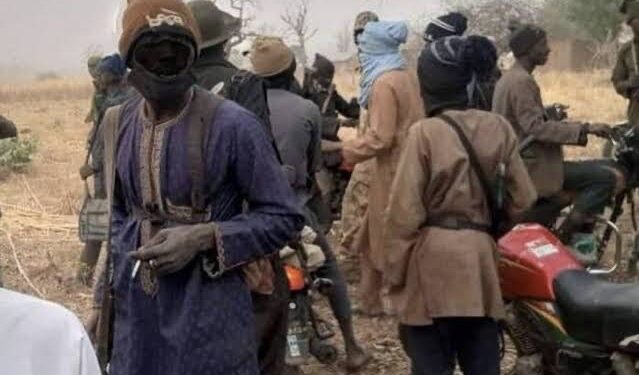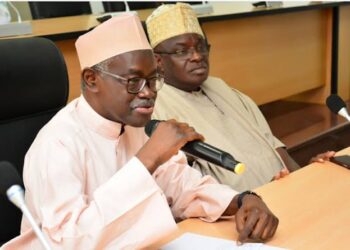In a tragic event on Thursday, gunmen believed to be affiliated with Boko Haram or ISWAP terrorists attacked the village of Kerawa in Gwoza Local Government Area of Borno State, Nigeria. The assault resulted in the deaths of at least four farmers. The attack took place between 12 and 1 pm while the victims were working on their farms.
The Kerawa community, which is situated near the border with Cameroon in the Mandara Mountains, has long been vulnerable to such attacks. This region is notorious for being a hideout for terrorist groups operating in the area. The incident is particularly alarming given that it comes less than two months after a devastating series of explosions in Gwoza town that claimed over 30 lives. The community has been struggling with persistent insecurity and violence for years.

The attack was confirmed by two local officials; Bukar Aji, the counselor of Jimini ward, and Yakubu Ali, the chairman of the Kerawa Community Association. They reported that the farmers were caught off guard while tending to their fields, making them easy targets for the armed assailants. The local authorities and residents are deeply concerned about the worsening security situation in the region.
Reports from news sources indicate that Kerawa is a border town with Cameroon, where terrorists are known to find refuge. The proximity of the town to the border has made it a frequent target for cross-border attacks. The Divisional Police Officer (DPO) of Gwoza, however, stated that he was initially unaware of the attack but promised to look into the matter.

The DPO suggested that there might be confusion regarding the location of the attack, proposing that it could have occurred in the Kerawa in Cameroon rather than the Nigerian Kerawa. He noted that a similar killing had occurred in the Cameroonian Kerawa recently, which might have led to some confusion about the exact location.
This incident highlights the ongoing challenges faced by the Gwoza area, which was once declared the capital of the terrorists’ caliphate when it was captured in 2014. The Nigerian military later recaptured the area, but the persistent threats from terrorist groups have continued to affect the local population.
The local government and security forces are under increasing pressure to address the security crisis and protect the vulnerable communities in the region. As the investigation continues, there is a pressing need for effective measures to prevent further attacks and ensure the safety of residents in this volatile area.







































